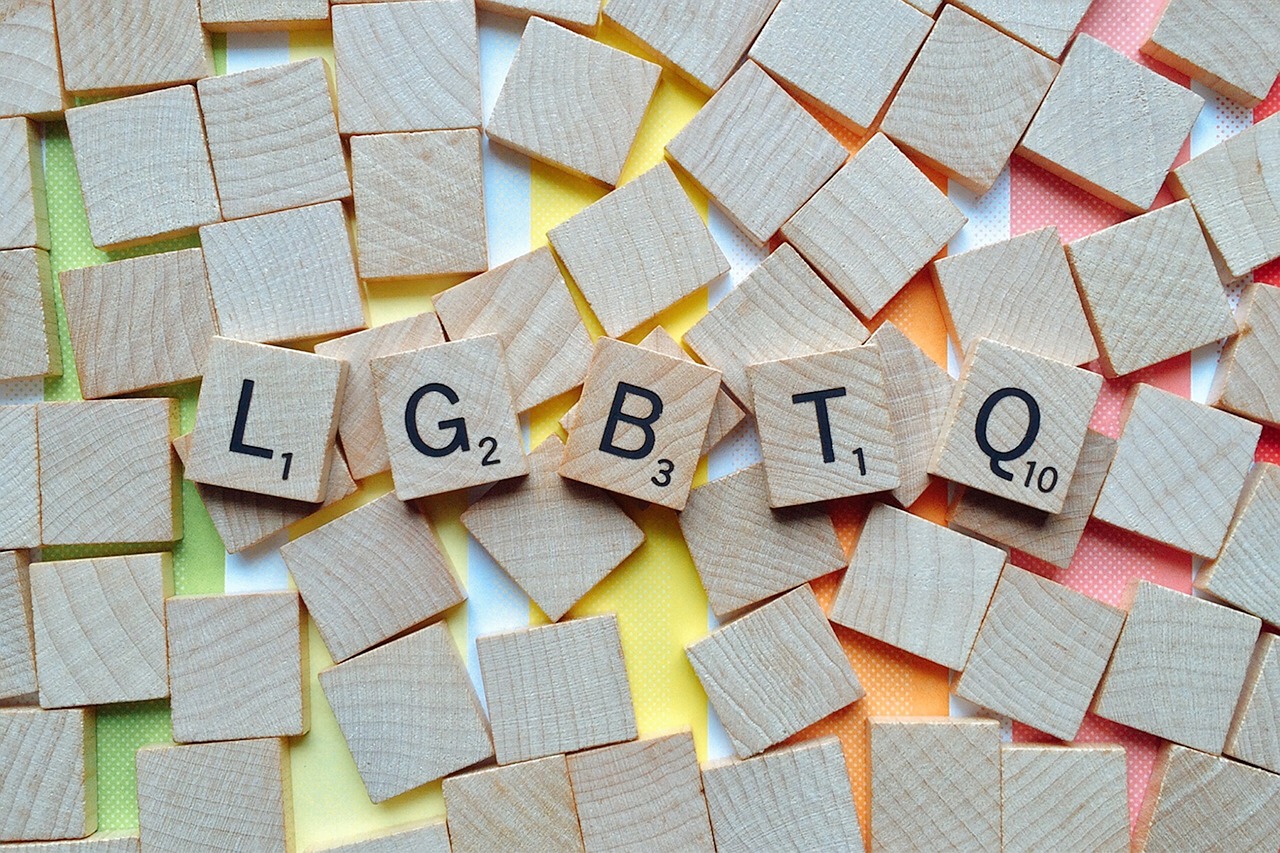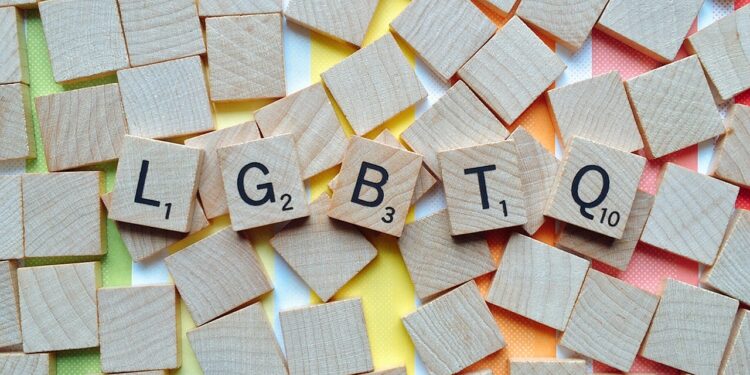India has made significant strides in recognizing the LGBTQ+ community after facing numerous setbacks in promoting the rights of this controversial group. This week, India’s main opposition Congress party established an internal unit to advocate for LGBTQ+ rights, while the Nationalist Congress Party appointed a member of the community as its spokesperson.
In 2018, the Indian Supreme Court made a landmark decision, to decriminalise homosexuality. However, in 2023, the court refused to approve same-sex marriage leaving the decision to legalize same-sex marriage to the Parliament, a move that greatly disappointed the LGBTQ+ community. Prime Minister Narendra Modi’s government has recently canvassed public opinion on how to ensure inclusive and effective policies for this community.

India remains a largely conservative country, with many considering same-sex relationships taboo. The government, last year, argued that same-sex marriages do not align with the traditional Indian family structure, which typically consists of a husband, wife, and children. Despite this stance, some political parties are taking steps toward greater inclusivity.
Congress has appointed Mario da Penha, a prominent LGBTQ+ activist, to lead its new LGBTQ+ unit, a move in line with its promise to introduce civil union legislation for same-sex couples.
Anish Gawande, the first person from the LGBTQ+ community to be named a spokesperson for a major political party in India, also marks a significant step forward. Gawande emphasized the historical significance of his appointment, noting how unthinkable it was just a decade ago.
Additionally, the Modi government has introduced measures aimed at reducing discrimination, such as allowing same-sex couples to access food programs, open joint bank accounts, and receive medical care without bias. In a recent statement, the Ministry of Social Justice solicited public input to ensure that policies for the community are inclusive and effective, signaling the government’s intent to rid its programs of discriminatory practices.
Bottom Line:
India is experiencing gradual but significant changes in its approach to LGBTQ+ rights. While major challenges, like the legalization of same-sex marriage, remain unresolved, political parties and the government are taking steps toward inclusion. The recent appointments of LGBTQ+ advocates within major parties highlight a growing recognition of the community’s role in Indian politics. However, the path toward full legal recognition and equality is still uncertain and will likely depend on future legislative action.
















